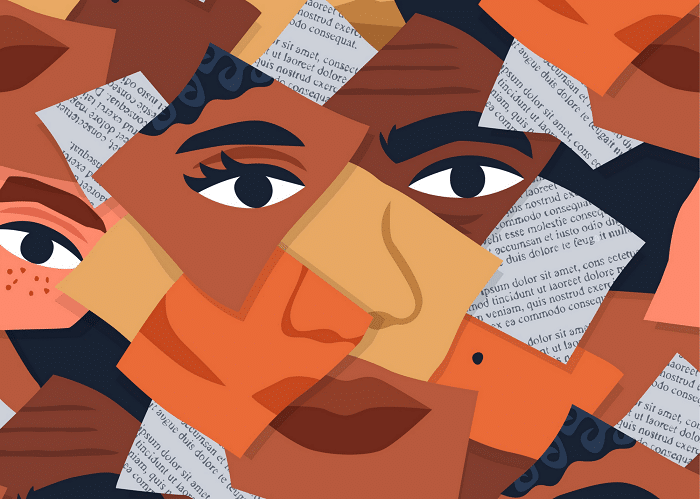July is Minority Mental Health Awareness Month! To celebrate, we’re exploring the culturally rich backgrounds of minority populations and the collective challenges they face within the mental health system. And this week? We’re taking a deep dive into the experience of Latin Americans.
To help better understand their unique needs, check out the documentary below where VICE investigates the skyrocketing rates of depression, anxiety, and suicide among Latina teens.
By 2060, the U.S. Census projects that over 119 million Americans will be of Latin American descent— making it all the more important for providers to understand mental health from their cultural lens.
Below are a few facts from Mental Health America for professionals to keep front of mind.
Attitudes
- The Catholic church plays a significant role in the lives of many Latin Americans. Religion can be a protective factor for mental health but also contributes to the stigma against mental illness (demons, lack of faith, sinful behavior). Targeted awareness campaigns aimed at religious institutions are essential to encouraging good mental health and treatment-seeking.
- Cultural perceptions that discussing mental health problems can create embarrassment and shame for the family, which results in fewer people seeking treatment.
Treatment Issues
- They are more likely to seek help for a mental health disorder from a primary care provider than a mental health specialist.
- Poor communication with health care providers is often an issue. There is a shortage of Spanish-speaking mental health professionals.
- Mental health problems can be hard to identify because Hispanic people will often focus on physical symptoms and not psychiatric symptoms during doctor visits.
- Bilingual patients are often evaluated differently in English versus Spanish, resulting in them being more frequently undertreated than their Caucasian counterparts.
- Adolescents use anti-depressants at half the rate of their Caucasian counterparts.
- Children use stimulants for ADD and ADHD at half the rate of their Caucasian counterparts.
Access to Care
- In 2018, 56.8% of young adults aged 18-25 and 39.6% of adults between 26-49 with serious mental illness did NOT receive treatment.
- Nearly 90% of Latin Americans over age 12 with a substance use disorder do NOT receive treatment.
Want more?
Check out Mental Health America’s website to learn more about Latin American culture and their individualized mental health needs.
For more great content, browse our blog and follow us on social media! You can find us on Instagram at youthdynamicsmt, and Facebook at People of Youth Dynamics, and Youth Dynamics of Montana.





